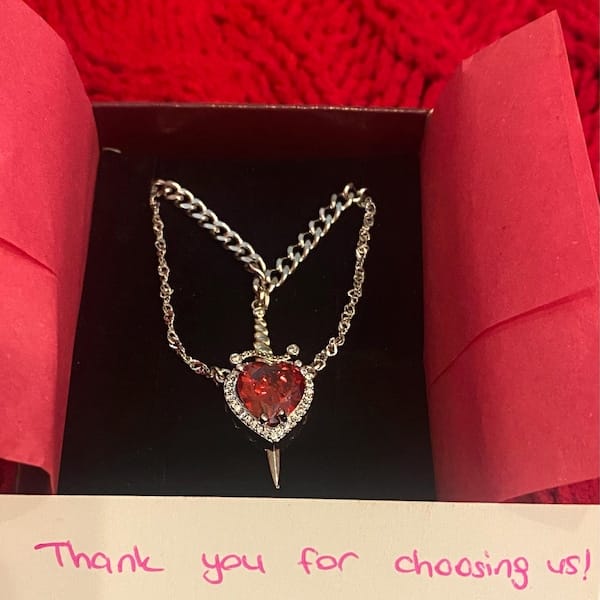Fast, Free Shipping
for all our products
Next Day Delivery
For free worldwide
Low Price Guarantee
We offer competitive prices
Quality Guarantee
We Guarantee Our Products
SHOP BY VIDEO
Subscribe to our Email
I've been into motorized surfboards for a few years, and the Rush Wave 106cc blew my expectations out of the water—literally. This board is fast, nimble, and surprisingly easy to get the hang of. It clocks in around 55–58 km/h, and the acceleration feels like a jet ski strapped to your feet.
The carbon fiber build is solid but light, and the control handle feels responsive even in rougher conditions. One thing to note: it's loud. If you're looking for a quiet ride, maybe go electric—but if you're all about power and speed, this is it.
I’ve taken it out on lakes and coastal waters, and it's held up like a beast. Just be prepared for a few curious stares—this board turns heads.
Pros:
Crazy fast for its size
Durable carbon fiber body
Responsive controls
Cons:
A bit noisy
Not ideal for very shallow water
Overall, this is a killer board for thrill seekers who want speed and performance.
I did tons of research before buying, and I'm so glad I went with the Rush Wave. The power, speed, and battery life outperform competitors. Plus, it looks incredible on the water. 100% satisfied!
The board is fantastic—fast, smooth, and responsive. However, it’s a bit expensive for casual riders. If you're serious about electric surfing, it's worth it, but be ready for the investment.
Whether it’s calm lakes or ocean waves, the Rush Wave Surf handles it all! The build quality is top-notch, and I love the LED display showing my speed and battery level. Highly recommend for adrenaline junkies!
I was a beginner with electric surfboards, but this one was surprisingly easy to use. The stability is fantastic, and the controls are intuitive. My only wish is that the battery charged a bit faster, but other than that, it's an amazing ride.
I’ve tried a few electric surfboards, but the Rush Wave Surf takes the experience to another level! The speed is exhilarating, and the battery life is impressive. I rode for nearly an hour without any loss of power. Worth every penny!
As a cat lover and coffee addict, this was an instant buy for me. The quality is great, and it brews coffee quickly. Plus, it makes me smile every morning!
I love how this coffee maker looks in my kitchen! The only reason I’m giving 4 stars instead of 5 is that I wish it had a larger water tank. But other than that, it’s absolutely fantastic!
I bought this as a gift for my sister, who is a cat lover, and she LOVED it! She says it makes her mornings more enjoyable. Super easy to clean as well!
This coffee maker is a game changer! It heats up quickly, and the coffee tastes amazing. The cat ears and tail details make it even more special. Great conversation starter too!
I’m obsessed with this cat-shaped coffee maker! It’s not only the cutest thing on my counter but also brews a perfect cup of coffee every time. The design is sleek, and it’s super easy to use. If you’re a cat lover, this is a must-have!
I purchased the Converting Dining Table for my home office, and it's been a fantastic addition. It’s sturdy, reliable, and the ability to adjust the size makes it so versatile for my needs. I can use it as a full dining table or shrink it when I need more space for my projects. I’ve received so many compliments from friends who have visited!
I bought this table for my condo, and it's been a great space-saver. It looks elegant and modern, and it’s very easy to convert. The only reason I’m giving it four stars instead of five is that I wish the expanding mechanism was a little quieter when adjusting. But overall, I’m very happy with it.
This table is a game-changer! I was a little skeptical at first, but after using it for a few weeks, I can say it has exceeded my expectations. The transformation from a small dining table to a larger workspace is so easy and smooth. The mechanism is sturdy, and the design is sleek. It’s a great investment for anyone with limited space.
I absolutely love my Converting Dining Table! It's the perfect solution for my small apartment. I can easily expand it when I have guests over and then shrink it down when I need more space. The quality is excellent, and it adds a modern touch to my dining area. Highly recommend!
Its nice and cute.... has alot fuctions and i love it was best gift for my wife
The shelves look great and are very easy to assemble. The shelves are easily resilient and high -quality processed
The delivery was quick and uncomplicated. The goods were also well packaged. Very good quality of the goods. Looks like a normal piece of furniture, perfect hiding place!
Good quality overall. We initially had trouble figuring out how to connect the device but quickly got them working thanks to the instructions
I initially ordered these as a gift for my grandparents who have had a difficult time with a recent change to living apart from each other.
OMG this is the second day of wearing these bracelets out of the house and my boyfriend and I have already received several compliments! Literally so cute for couples and it makes me so happy every time he sends me a "pulse"
EXCELLENT

Rated 4.6/5 on

































































